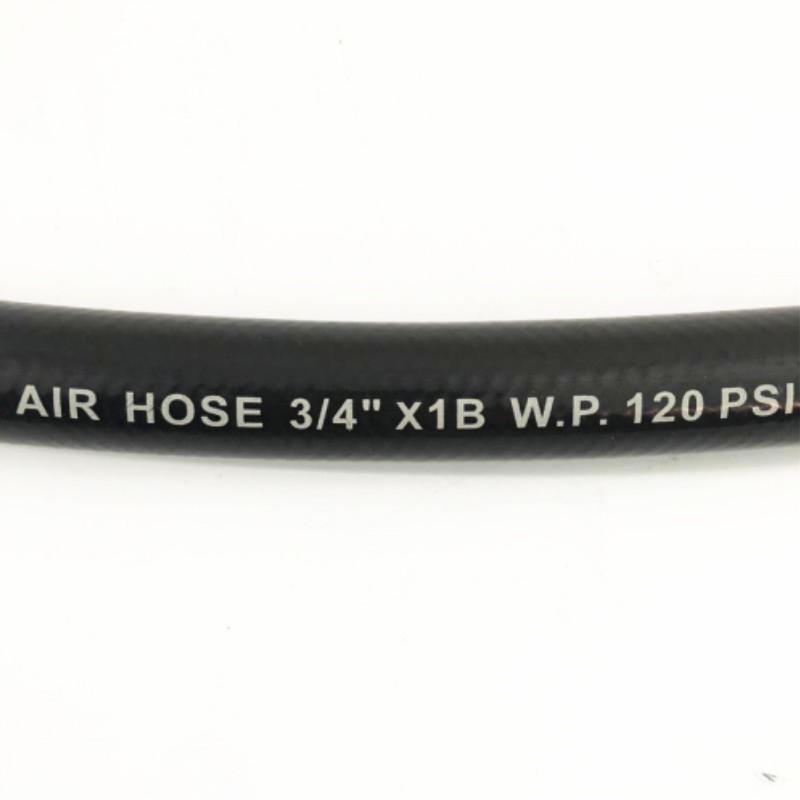Dec . 17, 2024 08:00 Back to list
Durable Rubber Plugs for Hydraulic Hose Applications and Seamless Sealing Solutions
Understanding Hydraulic Hose Rubber Plugs
Hydraulic systems are integral to a variety of industries, including construction, manufacturing, and automotive applications. A critical component of these systems is the hydraulic hose, which facilitates the transfer of hydraulic fluid under pressure to power machinery and equipment. A lesser-known yet equally important accessory associated with hydraulic hoses is rubber plugs. This article explores the purpose and benefits of hydraulic hose rubber plugs, along with their applications and best practices for use.
What Are Hydraulic Hose Rubber Plugs?
Hydraulic hose rubber plugs are specialized fittings designed to seal the ends of hydraulic hoses. Made from durable rubber compounds, these plugs are designed to withstand high pressures and temperatures, ensuring that the hydraulic fluid remains contained within the hose. They come in various sizes and shapes to fit different hose diameters and configurations, making them a versatile tool in hydraulic systems.
The Purpose of Hydraulic Hose Rubber Plugs
1. Preventing Contamination Hydraulic systems operate on fluid mechanics, and maintaining fluid cleanliness is crucial for optimal performance. Rubber plugs serve to seal the ends of hoses when they are not in use, preventing dirt, dust, and other contaminants from entering the hydraulic system. This ensures that the hydraulic fluid remains clean, reducing wear and tear on components and ensuring longer service life.
2. Safety Leakage in hydraulic systems can pose serious safety risks, including potential injuries to operators and damage to equipment. Rubber plugs help prevent fluid leaks by securely sealing hose ends. This is particularly important in maintenance scenarios, where hoses may be removed or replaced. Plugging unused hoses minimizes the risk of accidental discharge.
3. Temporary Seal There are times when hydraulic lines need to be disconnected for maintenance or repair. During these periods, rubber plugs provide a temporary seal, effectively closing off the line to maintain pressure in other areas of the system. This allows for efficient repairs without compromising the functionality of the entire hydraulic system.
hydraulic hose rubber plugs

4. Storage Hydraulic equipment is not always in constant use. For instances when hydraulic hoses are stored, especially in outdoor or harsh environments, using rubber plugs can provide an additional layer of protection. They help prevent moisture and contaminants from entering the hose, thus preserving the integrity of the hose and its fittings over time.
Applications of Hydraulic Hose Rubber Plugs
Rubber plugs find their applications across various industries. In construction, they may be employed to secure hoses for hydraulic excavators and backhoes. In manufacturing, they are essential for mobile hydraulic equipment and assembly lines, where hoses frequently require disconnection. Additionally, automotive service centers utilize rubber plugs in diagnostic tools and equipment to maintain system integrity while servicing vehicles.
Best Practices for Use
To maximize the effectiveness of hydraulic hose rubber plugs, several best practices should be followed
- Ensure Compatibility Before purchasing rubber plugs, ensure they are compatible with the diameter and material of your hydraulic hoses. - Inspect Regularly Regular inspections of rubber plugs should be undertaken to check for wear or damage. Replacing damaged plugs promptly prevents leakage and contamination. - Follow Manufacturer Guidelines Always adhere to the manufacturer’s recommendations regarding the use and installation of rubber plugs to ensure safety and efficiency.
Conclusion
In summary, hydraulic hose rubber plugs are essential accessories that offer a wealth of benefits, including contamination prevention, safety enhancement, and prolonged equipment life. Their versatility and reliability make them invaluable in maintaining the integrity of hydraulic systems across various industries. Whether for temporary sealing during maintenance or providing protection during storage, these small yet mighty components play a significant role in hydraulic operations.
-
Best Four Steel Wire Spiral Hose Hydraulic R12 – Durable High-Pressure Hose Manufacturer
NewsJul.08,2025
-
High-Quality 1/4 Hydraulic Hose – Soft, Flexible & Durable Rubber Hoses for Industrial Use
NewsJul.08,2025
-
1 1 2 Inch Hydraulic Flexible Hose - Durable, Reliable, High-Pressure Solutions
NewsJul.07,2025
-
High-Quality 1 2 Rubber Hose - Durable, Flexible Hydraulic Solutions
NewsJul.07,2025
-
Discover SAE Hydraulic Hose Types - High Quality & Durable Hoses from Leading Factory Supplier
NewsJul.06,2025
-
High Pressure Wire Hydraulic Rubber Hose Supplier Durable & Reliable 1SN Hose Solutions
NewsJul.06,2025
